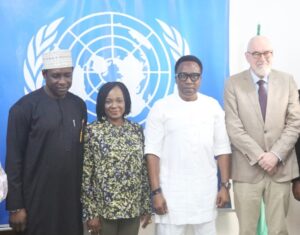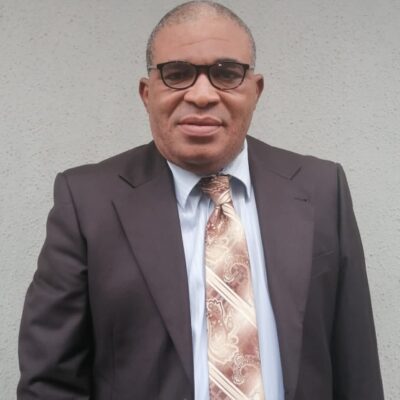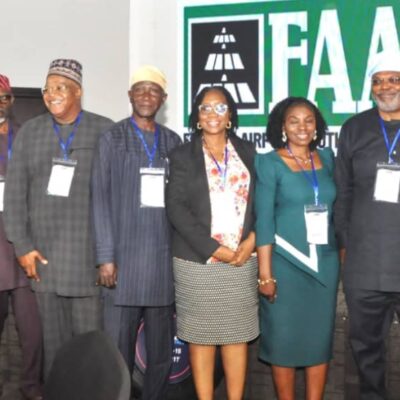
BY OLAPEJU OLUBI
The Director General and Chief Executive Officer of the Nigerian Meteorological Agency (NiMet), Professor Charles Anosike, joined key stakeholders on Wednesday, November 28, 2024, for a major roundtable meeting on the “Anticipatory Action Framework for Nigeria.”
The one-day event, held in Abuja, brought together representatives from the Nigeria Hydrological Services Agency (NIHSAL), National Emergency Management Agency (NEMA), and the Office of the Vice President, alongside international partners.
Organised by the Office of the Vice President in collaboration with the United Nations Office for the Coordination of Humanitarian Affairs (UNOCHA), the meeting sought to create a cohesive framework for anticipatory action in Nigeria.
Discussions emphasised innovative, multidimensional strategies to prevent and mitigate disasters while fostering an exchange of best practices among stakeholders.
Welcoming participants, Vice President Kashim Shettima, represented by Senator Ibrahim Hassan Hadejia, Deputy Chief of Staff to the President, noted the critical timing of the meeting.
“President Bola Ahmed Tinubu has directed a more systematic, collaborative, and strategic approach to coordinating humanitarian efforts in Nigeria,” he stated, highlighting the administration’s commitment to strengthening disaster response mechanisms.
Trond Jensen, Head of UNOCHA in Nigeria, described the gathering as a significant step toward collaborative action. “We are committed to fostering stronger collaboration with our Nigerian partners in government, civil society, and the international community.
As Professor Charles Anosike rightly noted, we can only address these challenges together—at federal, state, and local levels.
Innovation must be integral to how we work as humanitarians. Every day, we must ask: how do we better meet the needs of people affected by conflict or disaster?”
The NiMET boss, Anosike, highlighted the importance of investing in disaster preparedness.
“Two key national documents form the foundation of disaster response in Nigeria: NiMet’s Seasonal Climate Prediction (SCP) and NIHSAL’s Flood Outlook, which draws from the SCP. These documents are essential for national preparedness and help communities respond effectively to climate disasters.”
Anosike stressed the need to downscale these critical documents to ensure accessibility at the community level.
“We must ensure these products reach the last-mile recipients, our communities, so they can prepare in time. Partnerships with state governors through the Nigeria Governors’ Forum are crucial. Without the states, we cannot achieve this. Governors play a vital role in ensuring this information reaches communities early and equips them for action.”
He further highlighted NiMet’s efforts to extend outreach through regional engagements and tailored tools like crop calendars for farmers.
“After unveiling the SCP, we visit different zones to downscale the predictions and provide farmers with crop calendars. This approach ensures that agricultural activities align with climate realities, enhancing resilience.”
The NiMet boss announced plans to host the next session in two weeks, expanding the participant base to deepen collaboration and refine strategies for anticipatory action.
Olapeju is a journalist and aviation reporter.





